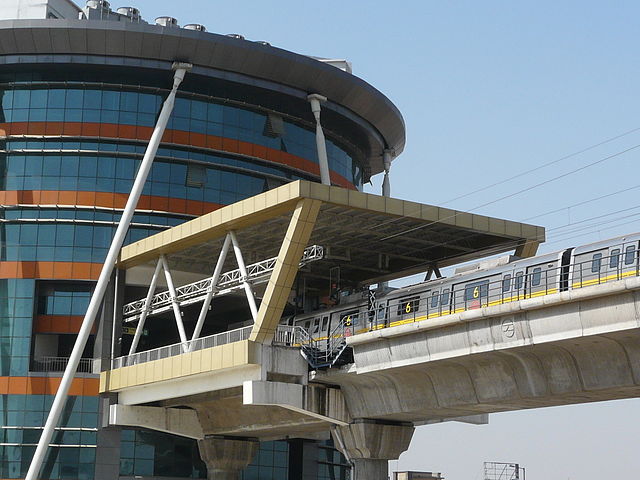India’s Ministry of New and Renewable Energy (MNRE) has taken the decision to suspend interstate transmission charges on solar power projects in an effort to make the energy source more competitive on price with thermal power.
The government ministry took the decision to delay the introduction of these charges until the end of 2019 after calculating that the costs for using solar power from another state would be raised by INR 1 – 2.50/kWh depending upon the distance of transmission required.
“For generation projects based on solar resources, no interstate charges or losses will be charged for use of the interstate transmission system until December 31 2019,” confirmed joint secretary in the ministry of power, Jyoti Arora.
With solar tariffs reaching an all-time low of INR 2.44/kWh at the Bhadla Solar Park auction last month, industry observers had feared that the government would reinstate the interstate transmission charges once the current exemption period ends on June 30.
But given the new 5% Goods and Services Tax (GST), and the slight possibility of anti-dumping (AD) duties being levied on imports from China, Taiwan and Malaysia, the MNRE evidently felt that solar is still in need of some state-backed support in order to maintain its current competitiveness with thermal power.
Jasmeet Khurana, associate director at consultancy firm Bridge to India, remarked that it is only now that power procurers have begun to use interstate transmission as a route to sourcing solar power. The Delhi Metro Rail Corporation (DMRC) in April signed an agreement to meet most of its daytime power needs from the solar energy produced at the 750 MW Rewa solar park in Madhya Pradesh – an agreement predicated on their being no such transmission charges levied.
This content is protected by copyright and may not be reused. If you want to cooperate with us and would like to reuse some of our content, please contact: editors@pv-magazine.com.



By submitting this form you agree to pv magazine using your data for the purposes of publishing your comment.
Your personal data will only be disclosed or otherwise transmitted to third parties for the purposes of spam filtering or if this is necessary for technical maintenance of the website. Any other transfer to third parties will not take place unless this is justified on the basis of applicable data protection regulations or if pv magazine is legally obliged to do so.
You may revoke this consent at any time with effect for the future, in which case your personal data will be deleted immediately. Otherwise, your data will be deleted if pv magazine has processed your request or the purpose of data storage is fulfilled.
Further information on data privacy can be found in our Data Protection Policy.